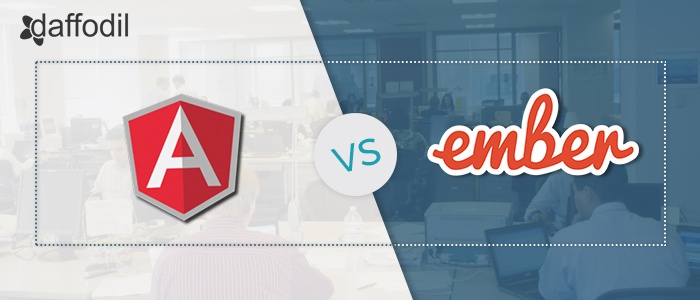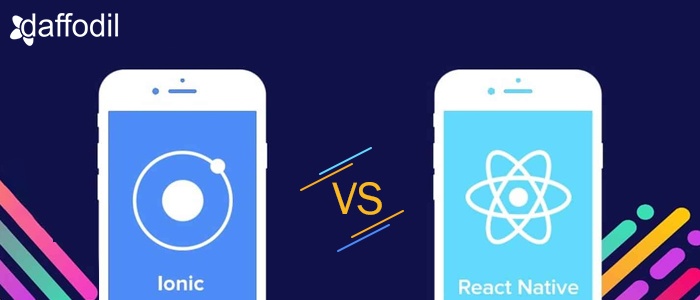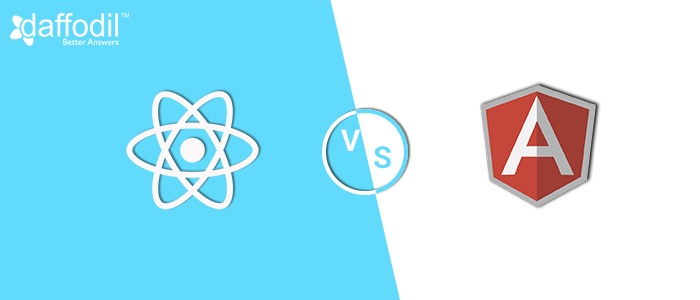A website’s search visibility, scalability and speed can make or break a business. A slow website drives visitors away, limited scalability restricts growth and poor SEO keeps you hidden from potential customers. Businesses need a web solution that delivers speed, flexibility and seamless user experiences - all without compromise.
Top 20 Websites Built with Next.js | Why Top Brands Choose It?
By Rashi Chandra on Apr 7, 2025 12:41:08 PM
Next.js for E-Commerce Websites: A Must-Have for Modern Online Retailers
By Rashi Chandra on Mar 31, 2025 10:29:44 AM
E-commerce success isn’t just about great products - it’s about speed, discoverability, and seamless user experience. Shoppers expect instant page loads, frictionless navigation, and personalized interactions, and anything less can drive them straight to a competitor. This is why more businesses are turning to Next.js, a framework that’s redefining how online stores operate.
ReactJS vs NextJS: Choosing the Right Framework for Your Application
By Rashi Chandra on Mar 12, 2025 10:00:00 AM
JavaScript frameworks have made web development easier by providing tools to build fast and dynamic applications. Among the vast ecosystem of frameworks and libraries - React.js and Next.js stand out as two of the most popular choices.
React.js is a UI library for building interactive interfaces while Next.js extends React with additional features such as server-side rendering and static site generation. Choosing the right framework for your project is important as it impacts the performance and development speed of the project.
AngularJS VS Ember: A Comparison between Javascript Web Frameworks
By Monisha Singh Gurwani on Nov 11, 2018 8:38:48 PM
The frontend development ecosystem has been constantly upgrading, especially, the Javascript libraries and frameworks. A number of JS frameworks are being introduced to simplify UI building for the modern web. ReactJS, VueJS, EmberJS, AngularJS, MeteorJS are to name a few.
Ionic vs React Native for Cross Platform Mobile App Development
By Kartik Kakar on Sep 13, 2018 6:32:00 AM
Reusable code, faster time-to-market, reduced cost, and native app like performance are some of the prominent reasons behind acceptance of cross-platform app development.
React vs AngularJS: How do these Frontend Development Technologies Compare?
By Kartik Kakar on Mar 21, 2018 6:07:57 PM
The front-end development ecosystem for web has been constantly upgrading, especially, the javascript libraries and frameworks. Had if these javascript applications not been there, developers would have to write five times the lines of code to accomplish a task, which a framework can do in ten lines. And what’s adding more power to them is huge community support that keeps bringing new possibilities for the progressive and dynamic web.
Amazing Web and Mobile Apps Built using VueJS
By Kunwar Jolly on Jan 1, 2018 5:06:14 PM
Vuejs is an increamentally-adoptable javascript framework, that’s accepted by programmers to build UI on web. With over 77.4 million likes on Github, this progressive JS framework has been contributing to UX-friendly, dynamic experience on web.
5 Reasons to Choose Vuejs for Web Application Development
By Archna Oberoi on Dec 22, 2017 11:09:27 AM
From over two decades, Javascript has been facilitating businesses to design interactive web interfaces for their consumers and clients. Used at both client and server side, javascript capacitates developers to bring dynamicity to pages through real-time modification, extended functionality, and user experience.
10 Popular Hybrid Apps that are Built Using Ionic Framework
By Archna Oberoi on Nov 14, 2017 1:03:07 PM
Hybrid apps are often looked on as a cross platform app development solution. They are essentially small websites that runs under a native wrapper. And therefore, instead of serving as a web page, hybrid apps work as a standalone application.
Hybrid Mobile App Framework: Why Ionic is the Most Favorable Choice
By Archna Oberoi on Nov 7, 2017 11:51:06 PM
Ionic is HTML5 framework, meant for hybrid mobile app development. Hybrid apps get the better of native apps, in terms of support to multiple platforms, access to third party code, and less time-to-market.










